15 GPTs for Allergen Identification Powered by AI for Free of 2026
AI GPTs for Allergen Identification are advanced artificial intelligence tools specifically designed to recognize and categorize allergens in various contexts. Leveraging the power of Generative Pre-trained Transformers, these tools are adept at analyzing complex datasets, textual information, and images to identify potential allergenic compounds. Their relevance is paramount in ensuring safety and compliance in industries such as food production, pharmaceuticals, and healthcare, where accurate allergen detection can prevent adverse reactions and promote consumer trust.
Top 10 GPTs for Allergen Identification are: Irish Food Reg Advisor,Nutrition Navigator,Ingredient Inspector,Ingredient Analyst,Dr. Allergy,Skincare Decoder,Food Allergy Detector,Safe Food,Ingredients Expert : "Dr.Olivia",NutriScan
Irish Food Reg Advisor
Navigate EU food regulations with AI-powered expertise
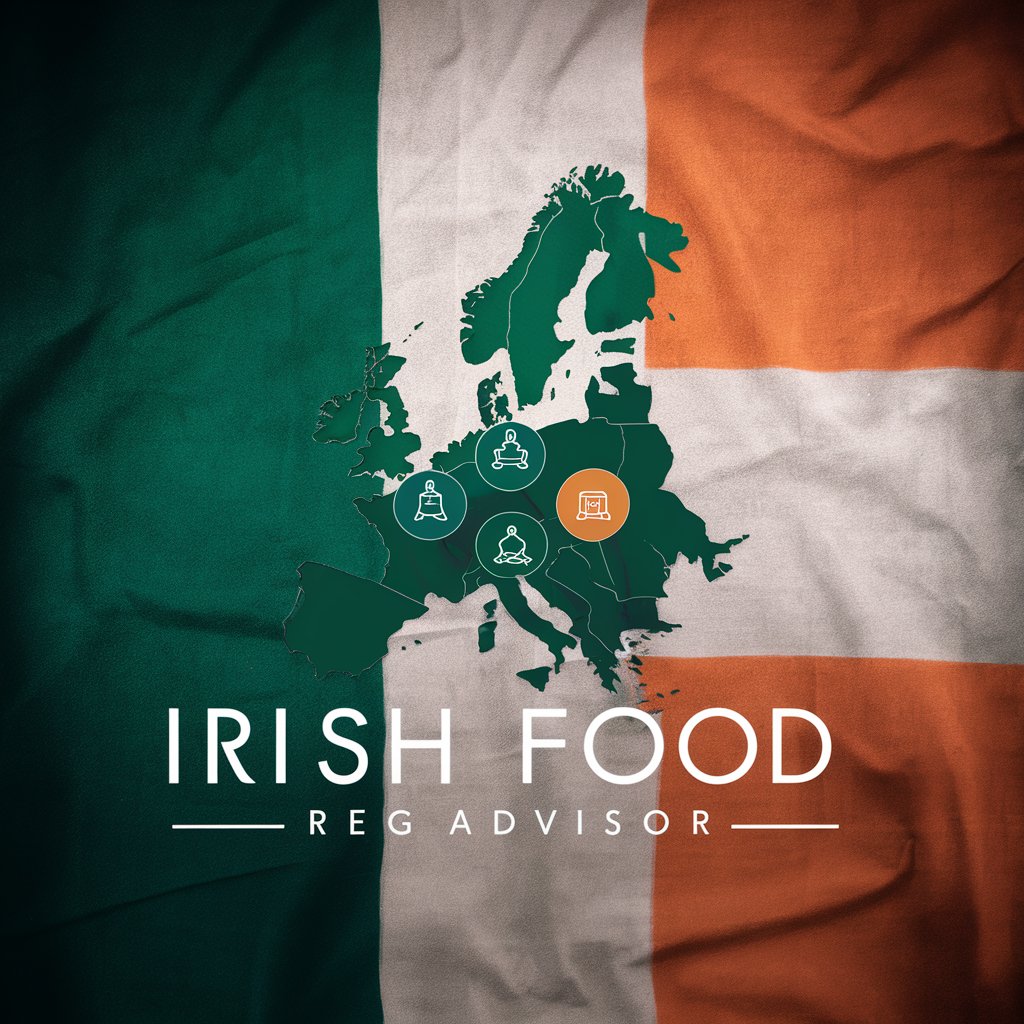
Nutrition Navigator
Empower your diet with AI-driven insights

Ingredient Inspector
Unlock Ingredient Insights with AI
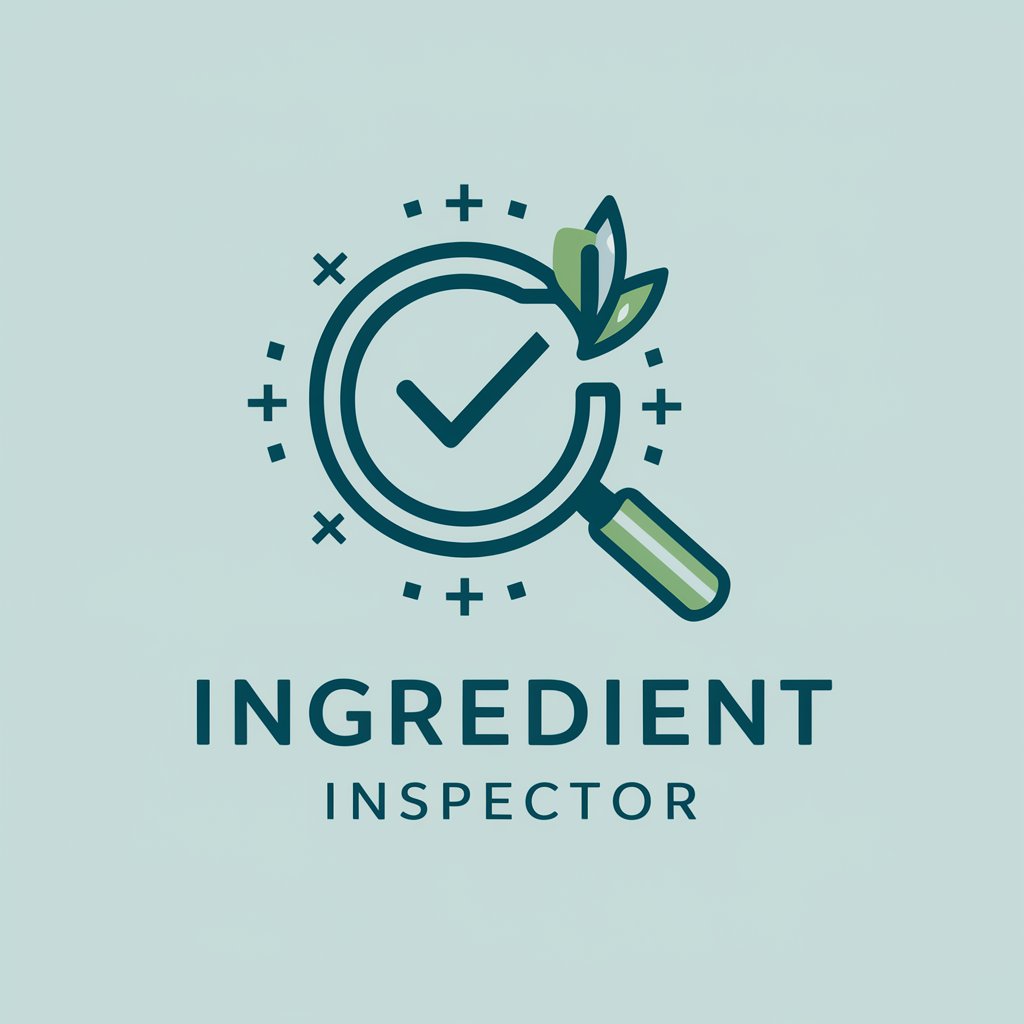
Ingredient Analyst
Unlock the secrets of your food with AI-powered analysis.
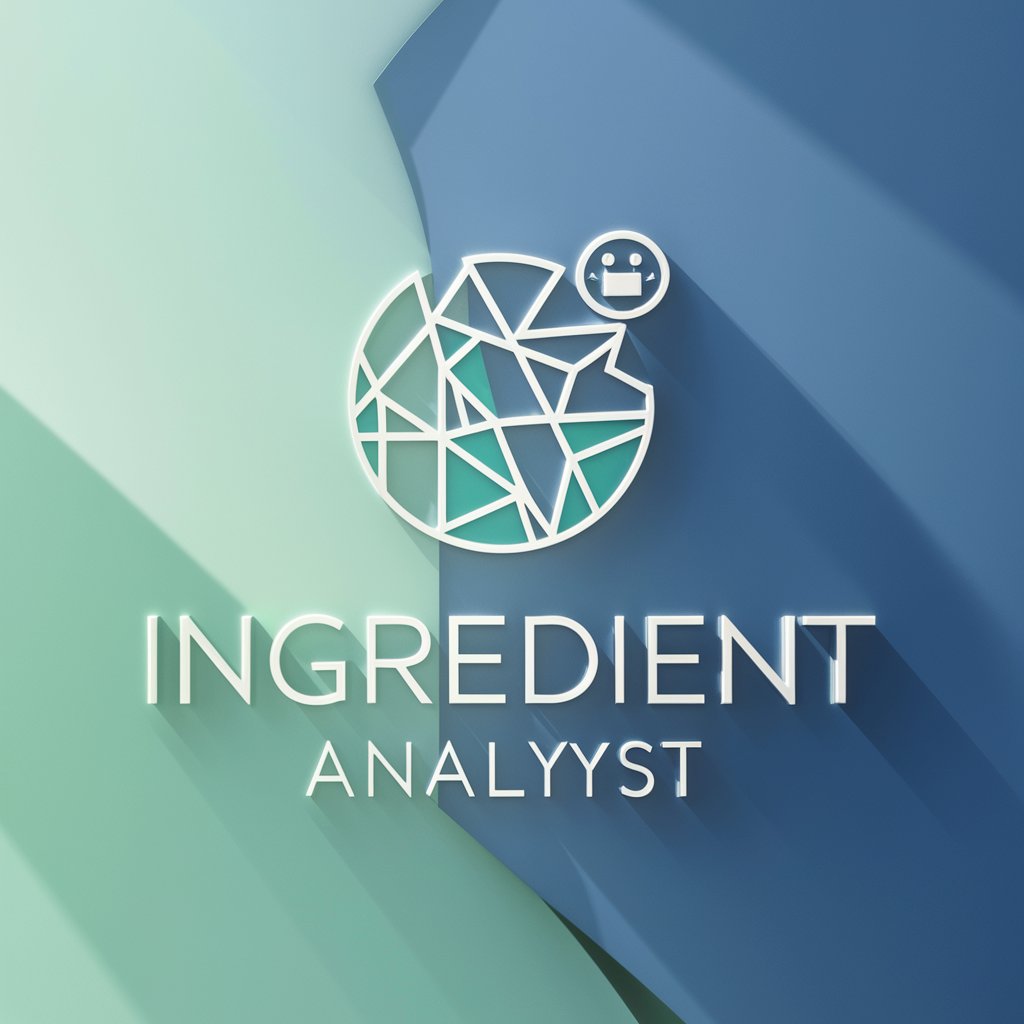
Dr. Allergy
Empowering allergy safety with AI

Skincare Decoder
Decipher Your Skincare Ingredients

Food Allergy Detector
Pinpoint Food Allergies with AI

Safe Food
Unlocking Food Insights with AI
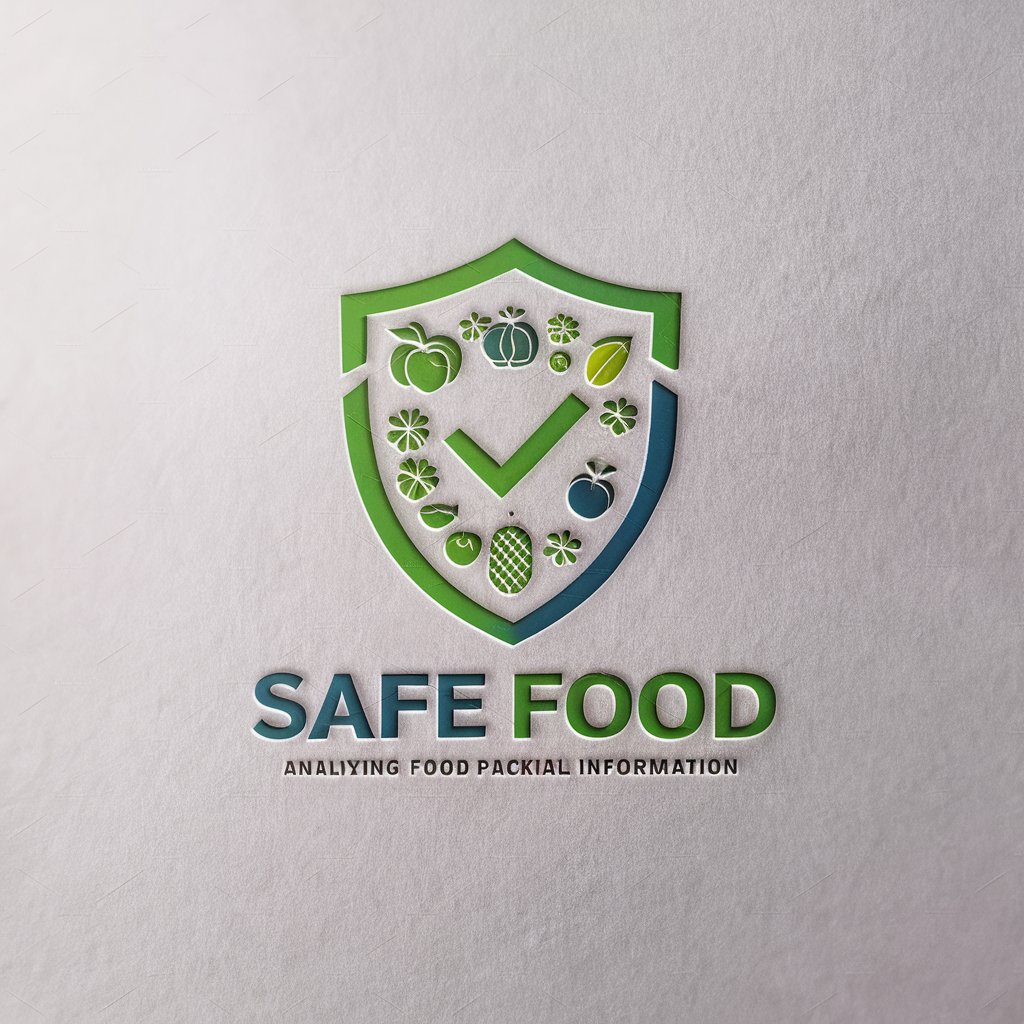
Ingredients Expert : "Dr.Olivia"
Uncover the Essence of Ingredients with AI

NutriScan
Empowering healthier choices with AI

Allergy Advisor
Detect Food Allergens with AI

AllergySpotter
Empowering Safe Eating with AI
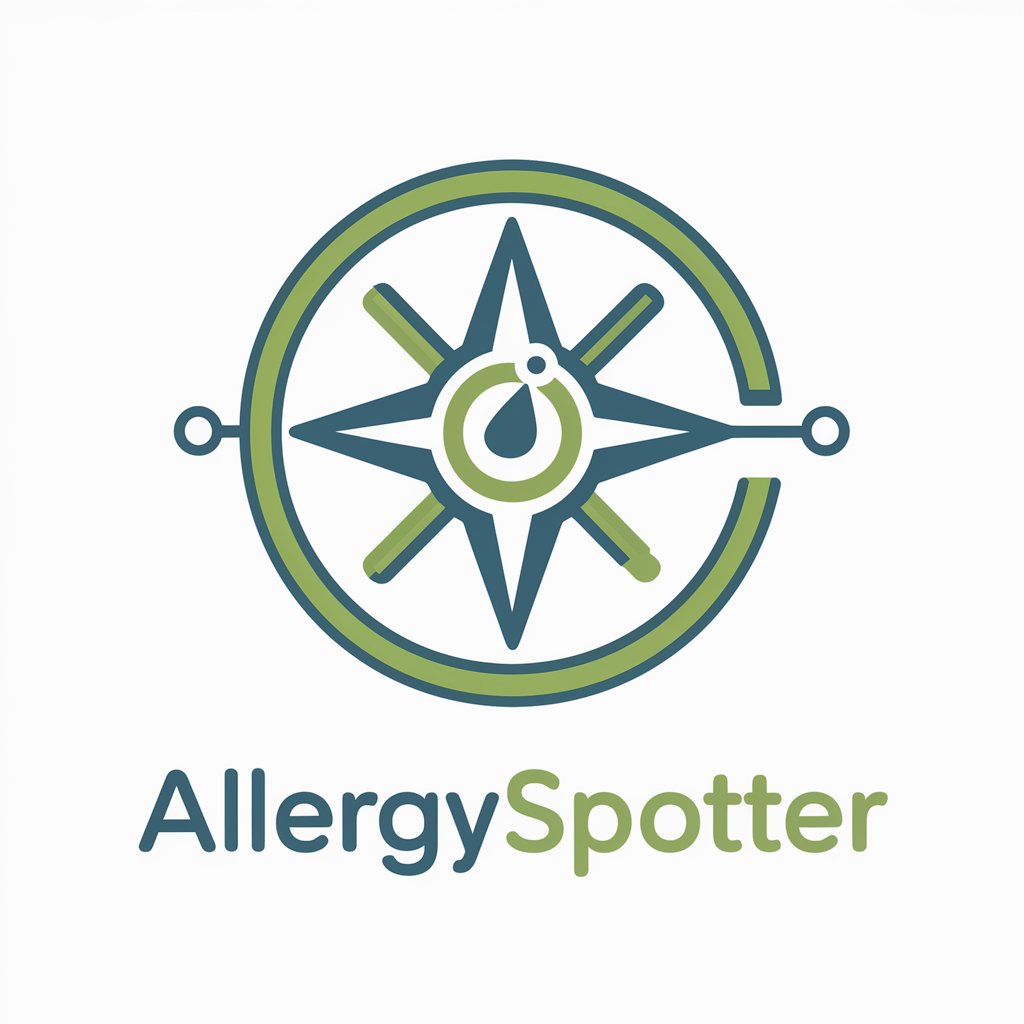
Nutrition God
Empowering dietary decisions with AI analysis.
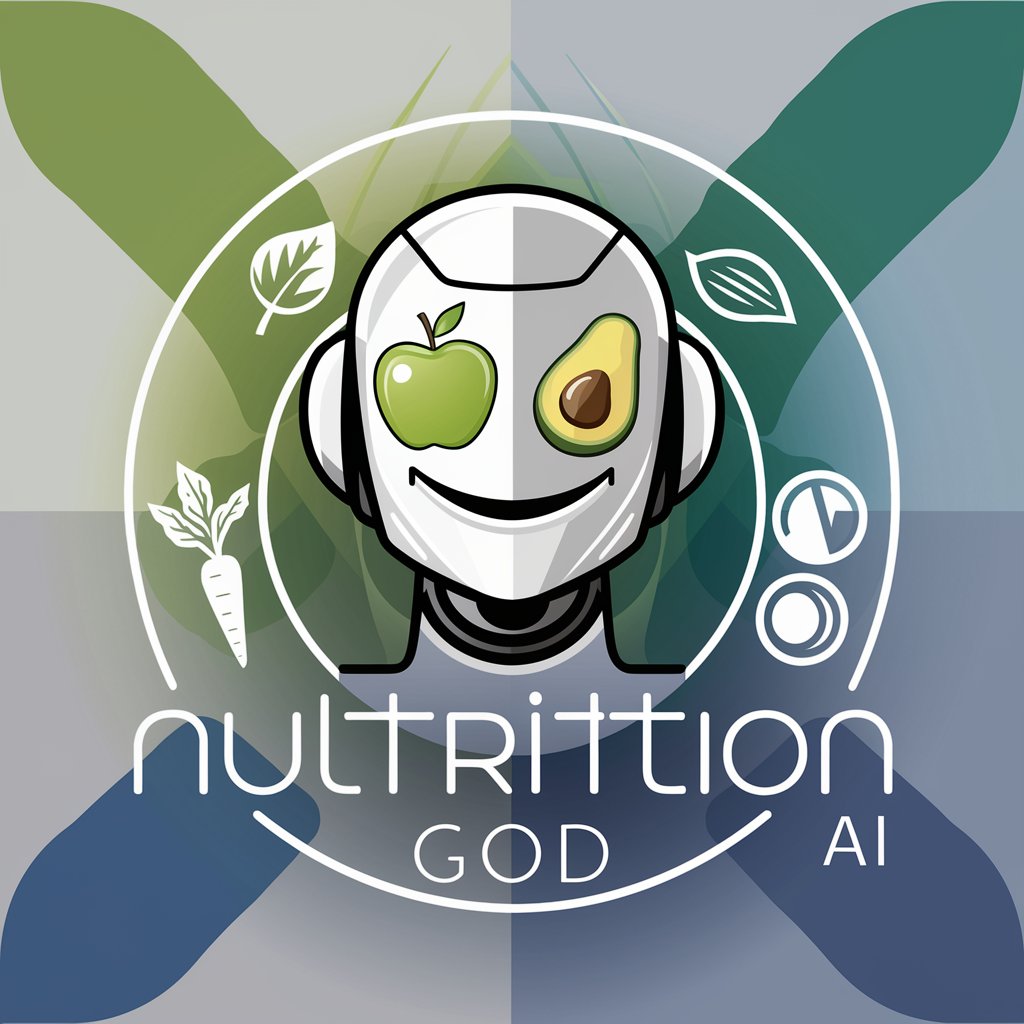
🚑 Allergy Expert lv3.1
Empowering Allergy Decisions with AI

Ingredient Analyst
Unlock the secrets of your food with AI-powered analysis.

Distinctive Capabilities of Allergen-Specific AI Tools
These AI GPTs tools boast unique features tailored for allergen identification, including natural language processing for analyzing ingredient lists and scientific literature, image recognition capabilities for identifying allergens in food and environment, and data analysis tools for predicting allergen cross-reactivity. They can adapt from simple query responses to complex predictive analytics, making them versatile tools in allergen management. Special features may include real-time web searching for the latest allergen information, technical support for integrating with existing databases, and user-friendly interfaces for both technical and non-technical users.
Who Benefits from Allergen Identification AI?
AI GPTs for Allergen Identification are invaluable to a wide range of users, including allergy sufferers seeking to understand potential allergens in their environment, food industry professionals aiming to ensure product safety, healthcare providers diagnosing and treating allergies, and developers or researchers working on allergen-related projects. These tools are designed to be accessible to users without programming skills, while also offering advanced customization options for those with technical expertise.
Try Our other AI GPTs tools for Free
Food Safety
Discover AI GPTs for Food Safety: cutting-edge tools designed to revolutionize food safety standards, compliance, and management through advanced AI technology.
Ingredient Transparency
Discover how AI GPTs enhance ingredient transparency, offering detailed analyses on product compositions for safety and regulatory compliance. Ideal for consumers, developers, and industry professionals.
Team Histories
Discover AI GPTs for Team Histories, your ultimate tool for exploring and documenting the legacies of teams. Dive into the past with ease and uncover the stories that shaped the present.
Humorous Fitness
Discover how AI GPTs for Humorous Fitness revolutionize workouts with a blend of personalized, humorous content designed to make fitness fun and engaging.
Everyday Objects
Discover how AI GPTs for Everyday Objects are transforming our interaction with daily items, simplifying tasks with advanced, user-friendly technology.
Cardiology Updates
Explore the forefront of cardiology with AI GPTs: cutting-edge tools designed to provide the latest in research, treatment, and education for healthcare professionals and students alike.
Expanding the Potential of Allergen Identification
AI GPTs for Allergen Identification represent a leap forward in the safety and management of allergens across industries. Their ability to integrate seamlessly with existing systems, coupled with user-friendly interfaces, makes them accessible to a broad audience. These tools not only enhance the efficiency of identifying allergens but also contribute to the ongoing research and understanding of allergen interactions and their impact on public health.
Frequently Asked Questions
What exactly does AI GPT for Allergen Identification do?
It analyzes data to identify and categorize allergens across various materials and environments, using natural language processing, image recognition, and data analysis.
Who can use these AI GPTs tools?
Anyone from allergy sufferers to healthcare professionals, food industry stakeholders, and researchers or developers focused on allergen safety and management.
Do I need coding skills to use these tools?
No, these tools are designed for easy use by non-technical users, but they also offer customization options for those with programming knowledge.
Can these tools integrate with existing systems?
Yes, they offer technical support for integrating with existing databases and systems to streamline allergen identification processes.
How do these tools stay updated on new allergens?
They utilize real-time web searching capabilities to stay informed on the latest allergen discoveries and regulatory updates.
Can AI GPTs predict allergen cross-reactivity?
Yes, through advanced data analysis, these tools can predict potential cross-reactivity between allergens, aiding in risk assessment.
Are these tools useful for food industry professionals?
Absolutely, they help in ensuring product safety by identifying allergens in ingredients, thereby preventing adverse reactions in consumers.
What makes these tools different from traditional allergen tests?
AI GPTs can analyze vast amounts of data more quickly and accurately than traditional methods, offering predictive insights and real-time information that traditional tests cannot.